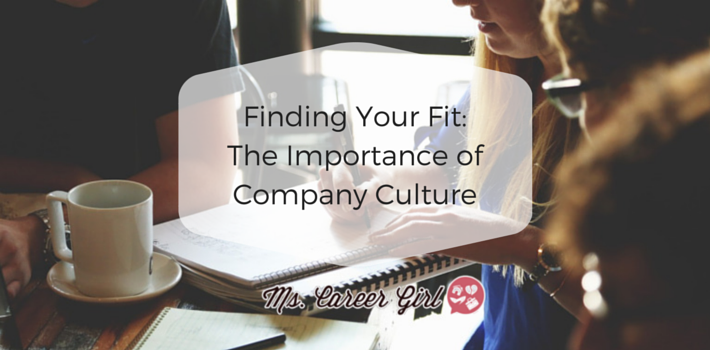The Three Types of Questions You Absolutely Need to Ask in a Job Interview

Most people are conditioned to see a job interview as a one-way street, but in fact, job interviews go both ways.
Under the old paradigm, we saw job interviews as opportunities for a hiring manager to vet powerless job candidates with right-or-wrong questions. These days, job candidates benefit from asking pointed questions about job responsibilities, organizational culture, and their optimal work-rest cycle.
Job responsibilities
A boilerplate job description is one thing. But getting a real sense of the day-to-day responsibilities of a job, and what it means to do it well, is more complex.
For instance, while a job description might list a dozen different responsibilities, the reality may be that your success will hinge on just two or three of them. Not to mention that no job description discusses the need to deal with any number of thorny issues, such as inherent tensions on the team, interdepartmental politics, and inadequate tools or resources.
As with organizational culture, there are countless questions you can ask about job responsibilities. These three, however, are a good place to start:
- What does a typical day or week in the job look like?
- How will you measure my success in 90 days, six months, and one year?
- What kind of person has thrived in this role, and what hasn’t worked previously?

Organizational culture
According to a 2020 study, more than half of job seekers surveyed across all career levels said they consider organizational culture as important as salary. 75 percent of recruiters and other talent evaluators chose “cultural fit” as the top evaluation criteria over even work history and relevant experience.
Working for a company with a culture that matches your values not only makes going to work every day enjoyable, but it also maximizes your energy, focus, and creativity. Otherwise, your job can feel like a grind, and you won’t do your best work and grow in your career.
Knowing your cultural must-haves in a future job is vital when weighing the questions to ask in job interviews. Perhaps it’s leadership that walks the walk, a work environment that prioritizes teamwork and collaboration, or a company mission that you’re passionate about. Or maybe it’s as simple as people being free to do their job with autonomy and flexibility, including the option to work remotely.
Whatever your must-haves may be, asking probing questions in interviews is as important as your online research on sites such as Glassdoor and LinkedIn. These three questions will get you some useful insights:
- What are three words you’d use to describe your organizational culture?
- What is most energizing to you about the culture that you see daily, and can you share an example?
- How is the company currently working on or shifting about your culture?
Moreover, these days, it’s appropriate to ask specific questions about how the company has responded to the COVID-19 pandemic, especially around employee wellbeing and remote work. For example, you could ask what they’re doing to support employee mental health, how they’re managing their return-to-office plans, and how the pandemic may further shape the culture going forward.
Optimal work-rest cycle
Even before the pandemic, blurred work-life boundaries were becoming the norm, especially as smartphones enable 24/7 connectivity.
In this way, it’s important to know your optimal work-rest cycle — that is, what you need to include in your daily schedule, and what you need to omit, to maximize your productivity and creativity and do your best work. Knowing this allows you to tune in to your natural rhythms, gauging when you’re the most energized and focused, and conversely, when you need to rest and recharge.
So, what does all this have to do with job interviews? Simple: You need to understand whether a company is set up to support different ways of working, including promoting people’s optimal work-rest cycle. Here are three questions to ask.
- What is the expectation of how much, as well as when and where, employees should work?
- Does leadership provide space for people to openly share what they need to do their best work?
- How are individuals empowered to nurture their own working style and optimal work-rest cycle?
We hope asking these kinds of questions will help you decide if the position and company are right for you or not.
This guest post was authored by Cathy Wasserman and Lauren Weinstein
Cathy Wasserman and Lauren Weinstein are the co-authors of “The Empowered Job Search: Build a New Mindset and Get a Great Job in an Unpredictable World” (Admo Press, 2021). Their shared approach draws from more than 30 years as career and leadership coaches, working with thousands of diverse clients at all stages of their professional journeys. Learn more at https://www.theempoweredjobsearch.com

